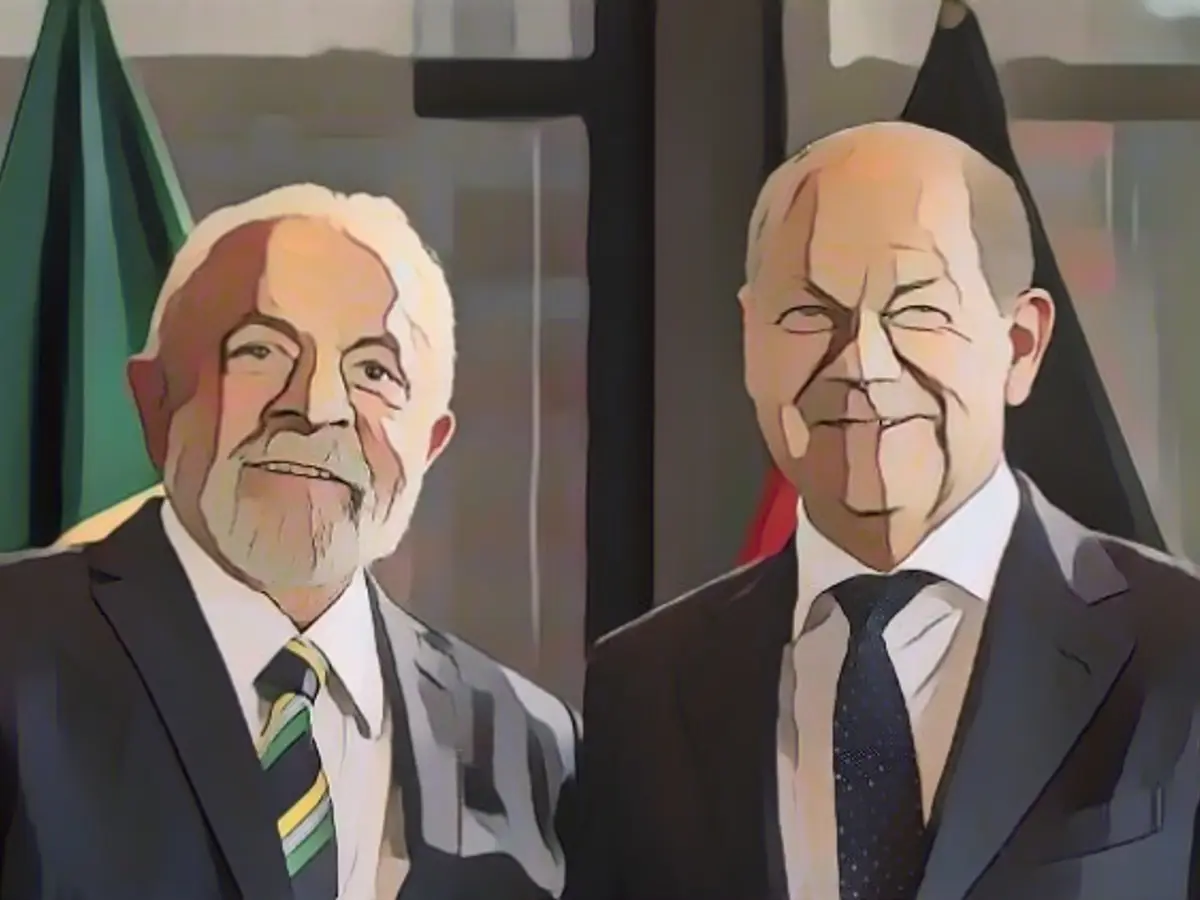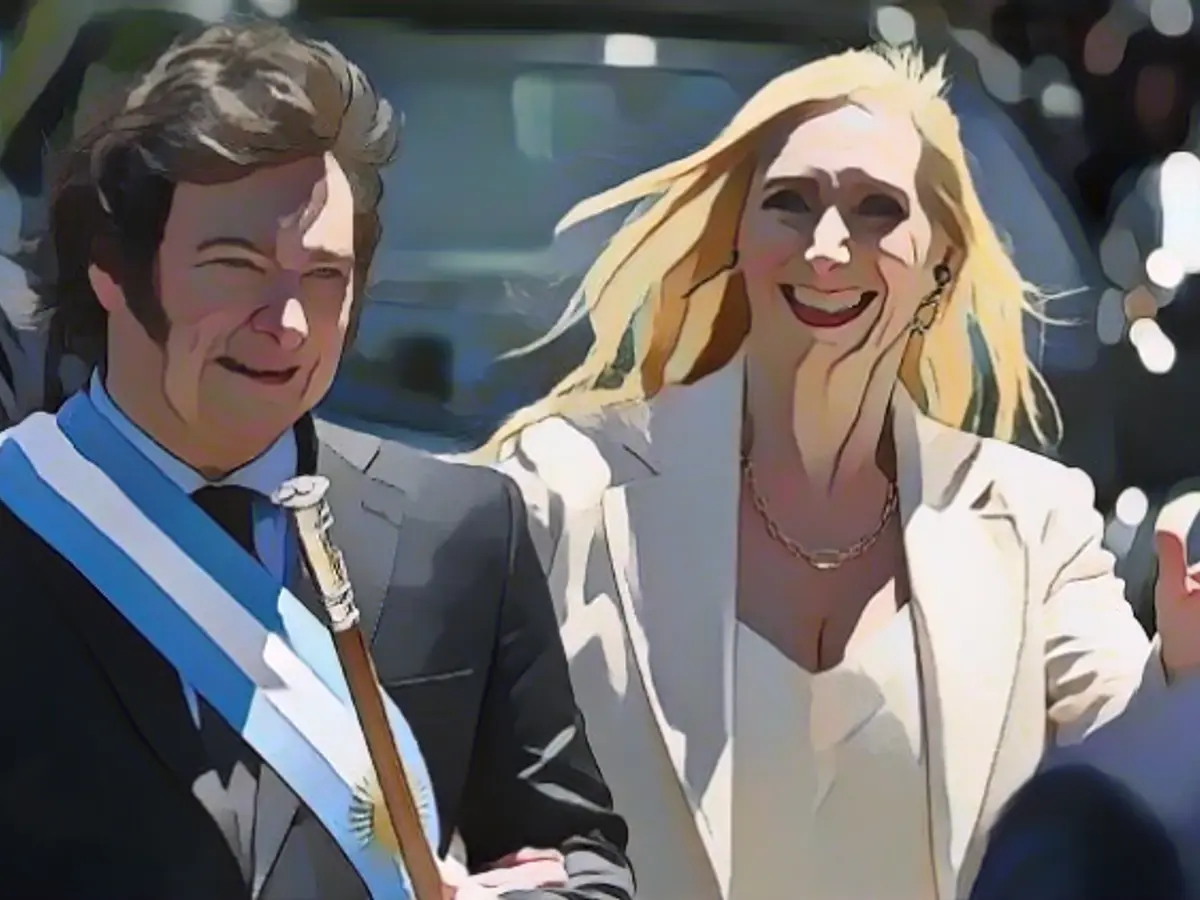Title: The Mercosur Free Trade Agreement Hits a Snag
It was set to become the world's largest free trade zone, but unfortunately, the Mercosur free trade agreement seems to be running into some challenges. According to recent reports, the agreement between the EU and major South American nations might not materialize as planned. A total of 720 million people would have been benefited if the agreement had succeeded.
Negotiations for the Mercosur trade agreement have been ongoing since 2016. The European Commission had initially hoped to finalize the agreement during a meeting with the Mercosur Group in Rio de Janeiro. However, a combination of Argentina's resistance and France's lack of support has brought the negotiations to a standstill. The Argentinian government, which is due to change in the near future, signaled that it was not in favor of reaching a deal at this time.
French President Emmanuel Macron also made it clear at the COP28 climate conference that he would not support the agreement. Macron stated that he could not ask farmers and industrialists in Europe to make efforts to decarbonize while simultaneously abolishing tariffs on goods that do not adhere to decarbonization rules.
Brazil's President Luiz Inácio Lula da Silva, who played a role in negotiating the agreement, traveled to Berlin for talks with Chancellor Olaf Scholz to save the deal. But unfortunately, all efforts to resuscitate the agreement were in vain. On Monday morning, EU negotiators announced that there would be no declaration in Rio de Janeiro.
The Mercosur and EU agreement covered areas such as customs duties, rules of origin, elimination of technical barriers to trade, services, public procurement, intellectual property, sustainability, and a chapter dedicated to small and medium-sized enterprises. The two parties aimed to create a global trade zone with over 720 million people, covering almost 20% of the global economy and over 31% of global goods exports.
The failure of the Mercosur free trade agreement is a significant setback for trade relations between the EU and South America. Both parties had invested considerable time and resources into the negotiations. However, the deal's ultimate fate remains uncertain, as resistance from key members and environmental concerns persist.
Related Stories:
- European MPs condemn anti-Semitic monuments in Moldova
The challenges facing the Mercosur free trade agreement serve as a reminder of the complexities involved in international trade negotiations. Environmental concerns, the protection of domestic industries, and human rights and governance issues are just some of the factors that can complicate these agreements. It will be interesting to see how these issues are addressed moving forward.








